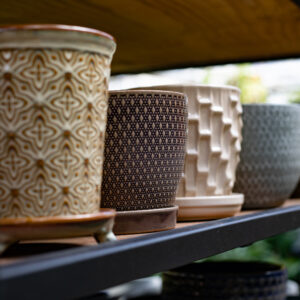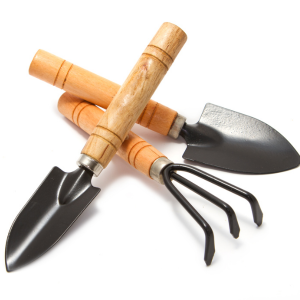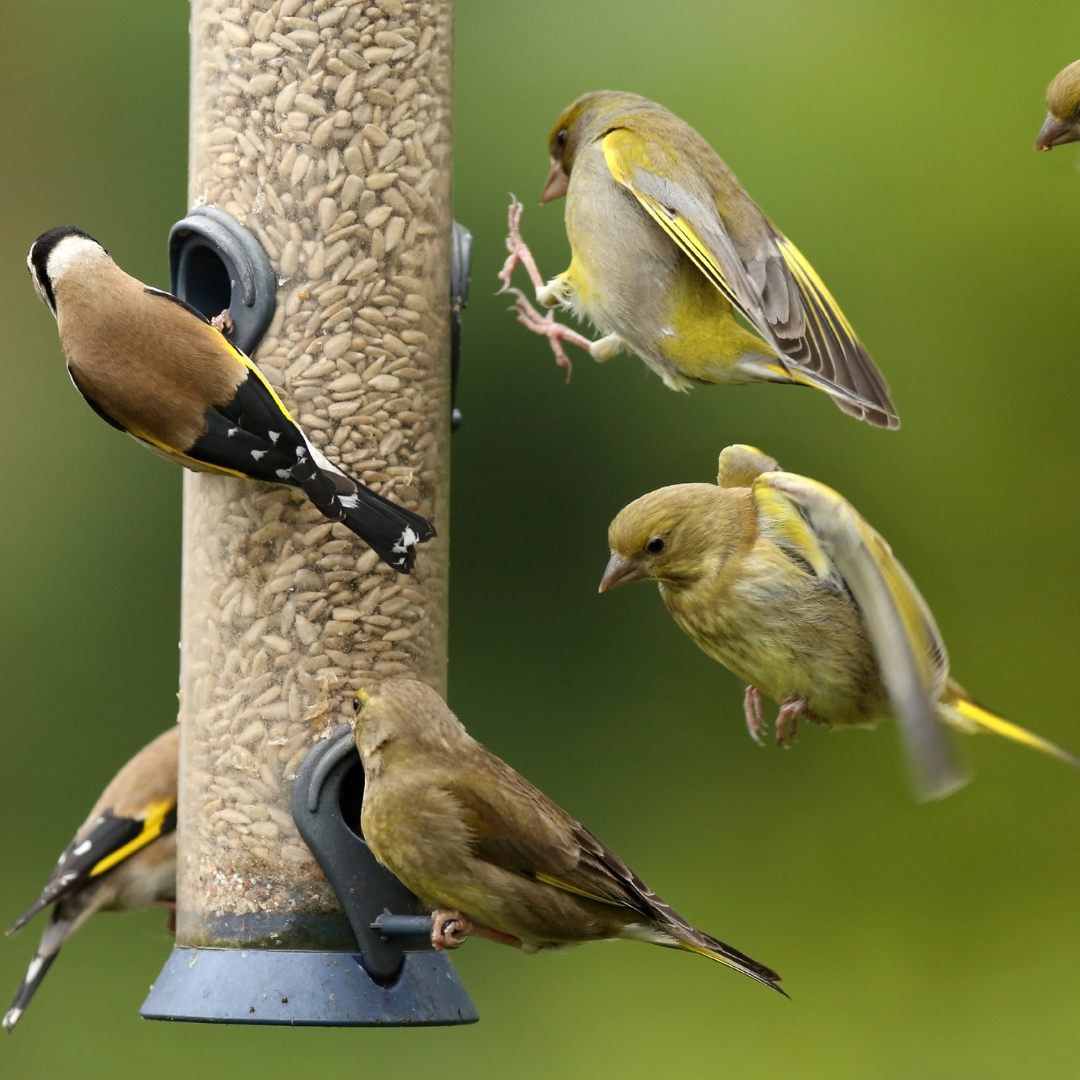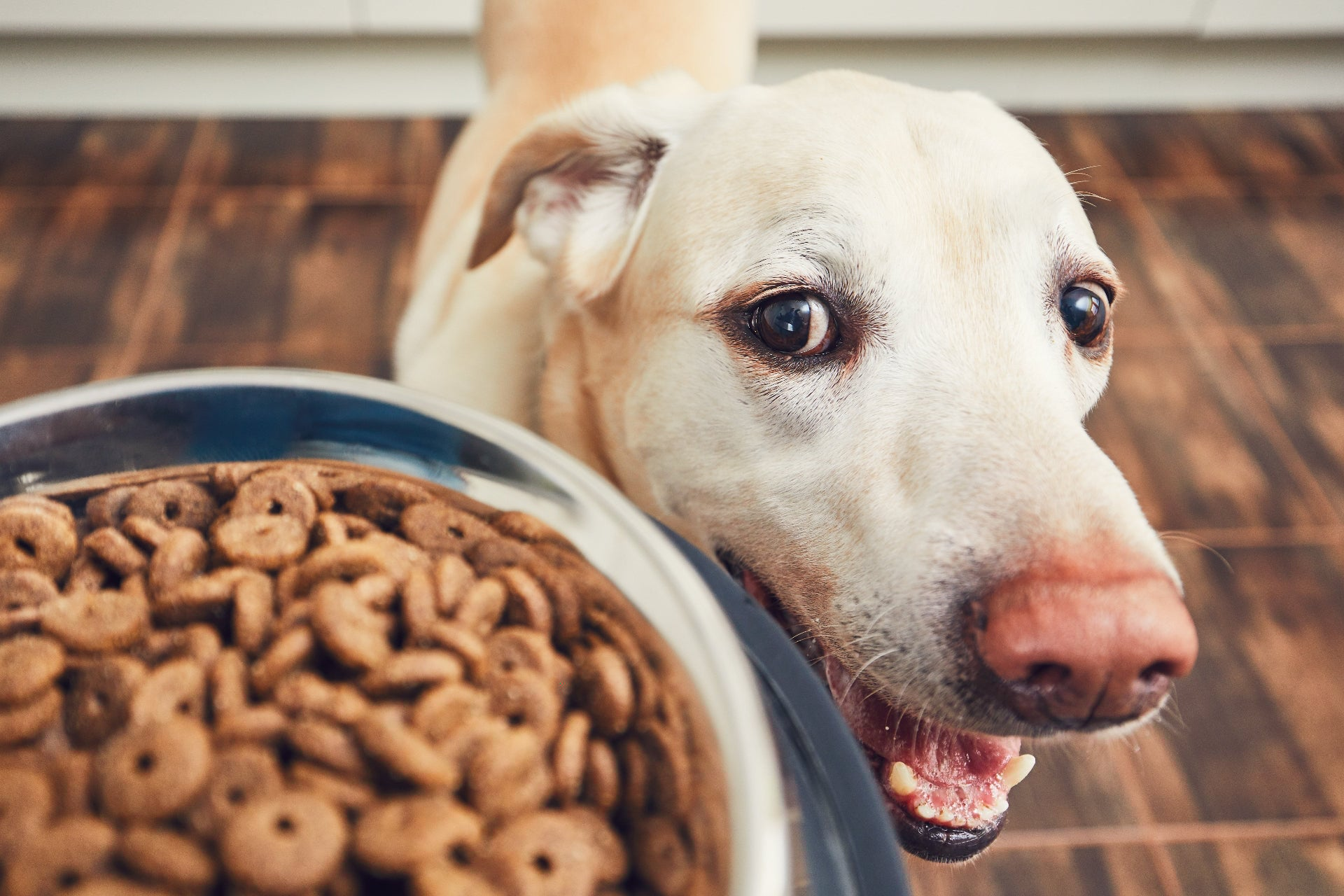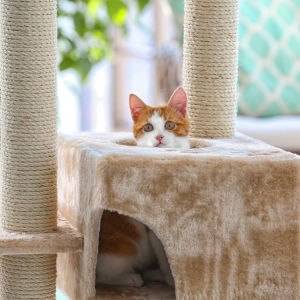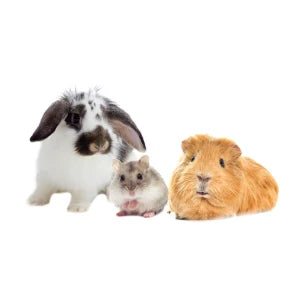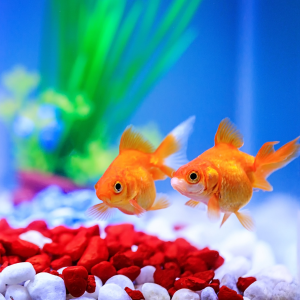Dracaena Care
Dracaena is a popular houseplant known for its striking, upright growth and sword-like leaves in shades of green, gold, or variegated patterns.
Its air-purifying qualities make it both beautiful and beneficial indoors.
With minimal fuss, Dracaena can bring years of fresh greenery to your home or office.

Light
Thrives in bright, indirect light. Can tolerate lower light but may grow slower. Avoid harsh direct sunlight, which can scorch leaves.

Watering
Water when the top 1–2 inches of soil feel dry. Avoid overwatering, as roots are prone to rot. In winter, reduce watering frequency.

Humidity
Prefers moderate humidity but adapts well. Mist occasionally if air is very dry.

Temperature
Ideal range: 65–80°F (18–27°C). Keep away from cold drafts and temperatures below 55°F.

Soil
Use a well-draining, all-purpose potting mix. Ensure the pot has drainage holes.

Fertilizing
Feed every 4–6 weeks during spring and summer. Use a balanced liquid fertilizer at half strength. Skip feeding in fall and winter.

Repotting
Repot every 2–3 years or when rootbound. Spring is the best time for repotting.

Pruning & Cleaning
Trim brown leaf tips or damaged leaves which are natural as new growth forms. Wipe leaves to remove dust and keep them shiny.

Pet Safety
Toxic to cats and dogs if ingested. Can cause vomiting, drooling, loss of appetite, and lack of coordination.

Common Problems
Brown tips = fluoride in water or low humidity. Yellow leaves = overwatering or poor drainage. Drooping leaves = underwatering or root issues.

Common Pests
Watch out for spider mites, mealybugs, and scale.

Fun Fact
NASA research lists Dracaena among the top air-purifying houseplants, helping remove toxins like formaldehyde from indoor air.



